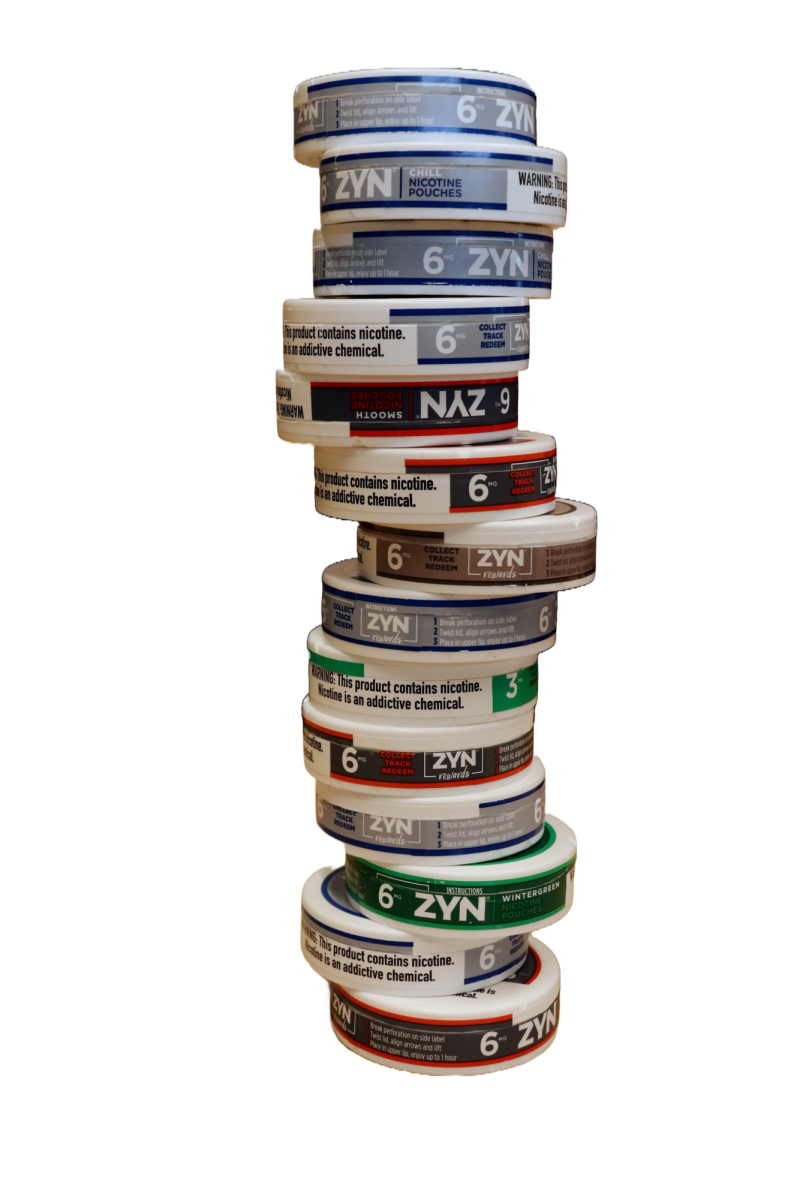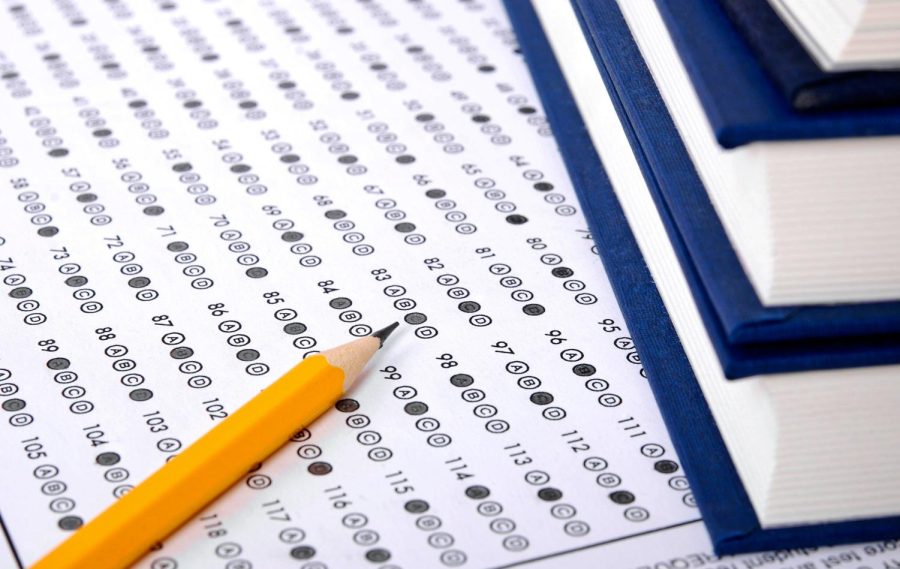CAASPP Testing For Juniors And Seniors
A filled out scantron
Mar 21, 2023
Juniors and seniors will take the California Assessment of Student Performance and Progress (CAASPP) during extended 90-minute Academy periods from March 22 to April 21.
While juniors take the CAASPP, other grades will have extended Academy periods. Freshmen, sophomores and seniors will have a regular 45-minute Academy followed by presentations by Officer Diaz from the Piedmont Police Department on March 22. Sophomores will also watch a presentation about the impact of teen driving on April 5.
“We’re trying to have the fewest interruptions to the regular school day, so this is an experiment to see if it works to use Academy for this,” said tech coach and teacher Debbi Hill.
Normally, Academy is a time for students to seek extra help from teachers and do homework at school. Some students are concerned about the loss of this time.
“I already have a lot of extracurricular activities and academy is a good time to get my stuff done. By taking that away with adding another test on top, not only are you taking away the time to do the work, but you’re adding something that can be potentially stressful for some students on top of that,” junior Beck Peterson said.
Hill said the staff anticipated this frustration, and are trying to address it.
“We’re going to encourage eleventh grade teachers to go easy on their students during [CAASPP] test week because this is a state mandated test and we have to give the test,” Hill said.
Individual CAASPP results will be sent to families, and overall results allow the school to monitor how well the student body is doing academically. According to the East Bay Times, Piedmont has consistently scored well. During the 2021-22 school year, PHS ranked second in the state for English Language Arts and third for Math.
Hill said that despite the importance of the results for the school, many students do not feel motivated to put effort into CAASPP because it has no immediate impact on their grades.
“From a student’s point of view, this test has nothing to do with [them] right now,” Hill said. “But it is something that benefits the school and all of the students at the school if we have a higher percentage of students who are proficient and above.”


























